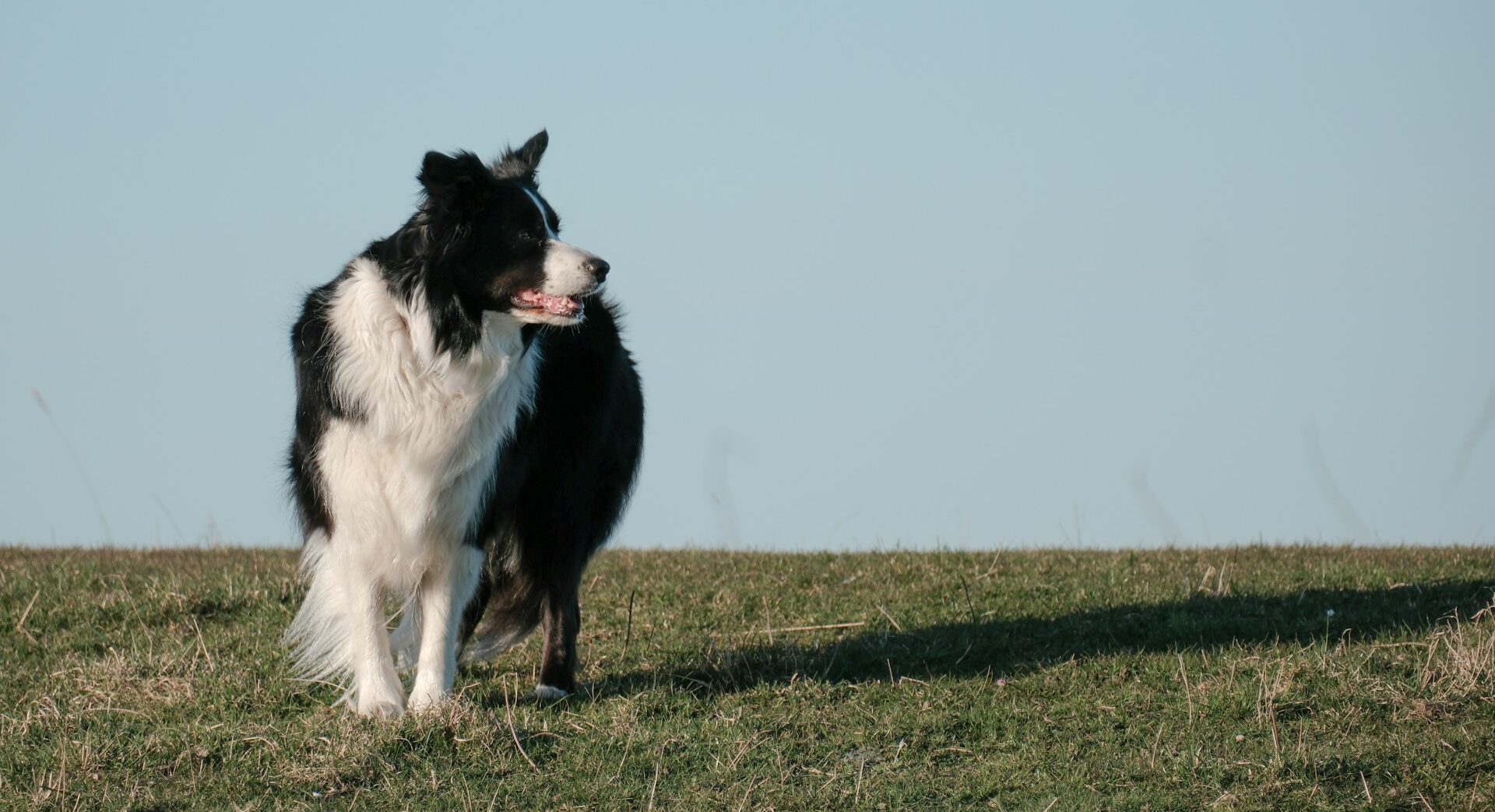New overseas research reports genomic evidence behind herding dogs’ unique blend of smarts, instinct, and fine motor skills compared to other good boys.
Research published in Science Advances looked at whole-genome sequences of 12 herding breeds, such as border collies and German shepherds, and compared them to those of 91 non-herding breeds. In border collies, the authors identified adaptations in eight genes tied to memory retention, motor learning, social interaction, and spatial memory. The team says selective breeding has shaped the genetic architecture of herding dogs, which may relate to their skills in various tasks related to controlling a herd.
The SMC asked local, third-party experts to comment on the research.
Professor Matt Littlejohn, Professor in Animal Genetics, Massey University, comments:
“High-performance farm dogs show exceptional abilities that set them apart from the average pooch, and this study gives some insight into genetic factors that may contribute to that. The study used genome sequence data to ask the question ‘what DNA regions do working breeds tend to have in common?’ This analysis identified some commonalities across these breeds, and the genes highlighted were known to have roles in brain function. Since working ability is largely behavioural, this finding makes sense and suggests their approach is detecting real associations.
“The study is significant because identifying genes underlying behavioural traits has been notoriously difficult – in both dog and human genetics. By the same measure, these results will need to be validated. Breakthroughs in behavioural genetics have been hard won because the traits are complex, so while the study highlights one gene in particular with a likely role in working behaviour, the next step will be to test the gene in bigger populations and confirm that role.”
Conflict of interest statement: No conflict of interest. Prof Littlejohn is currently researching the genetics of working farm dogs in New Zealand.
